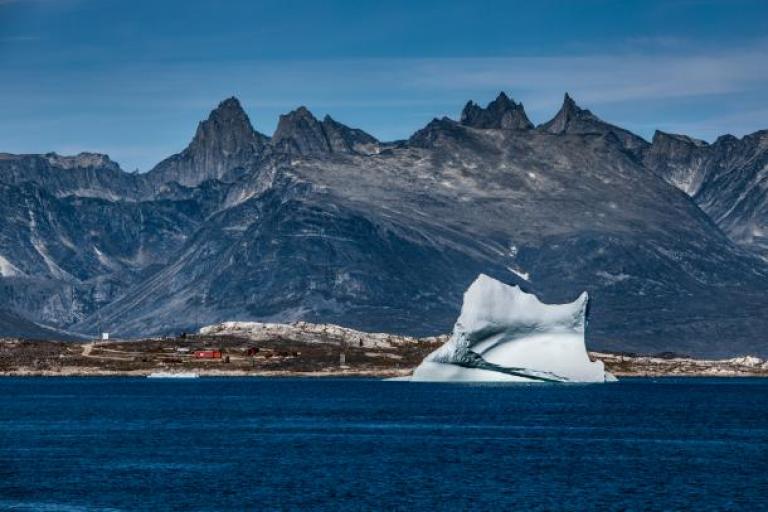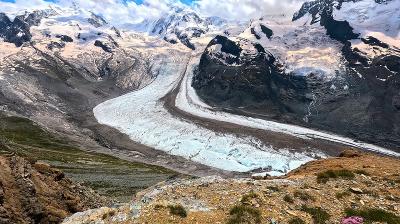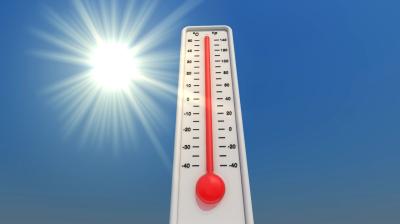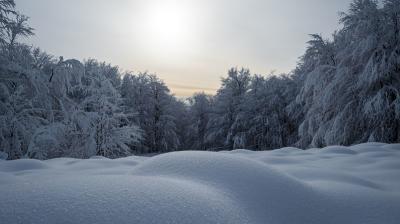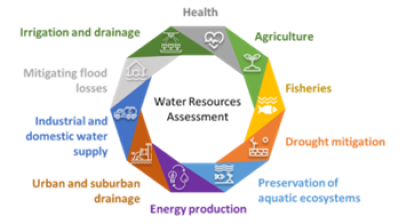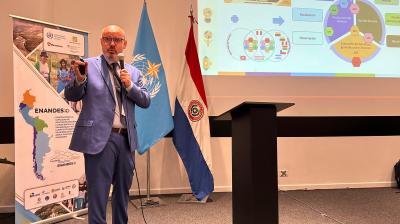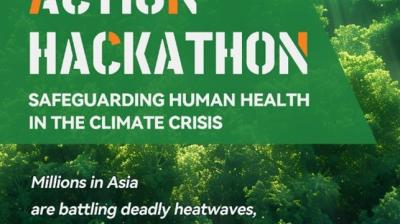Open Science Conference: use our climate knowledge and tools for action
More than 1,400 scientists, politicians, policymakers and civil society representatives at the World Climate Research Programme’s Open Science Conference threw their weight behind the overriding message: the narrow window of opportunity for climate action is closing fast, with climate change impacts being felt everywhere and everyday.
“Robust, relevant and accessible climate science is vital to understand, predict, and plan for the impacts of climate change. This conference has highlighted the huge progress that has been made and the gaps that remain. And above all it has shown the imperative of transforming this science into policy,” says conference co-chair Detlef Stammer.
Kigali Declaration
Under the banner of Climate science for a sustainable future for all, the outcomes of the Open Science Conference in Rwanda – the first to be held in Africa – will be summarized in the Kigali Declaration.
This will issue a call to the global community to act now to save the planet before it is too late, and fore a big increase in multilateral, accessible and equitable investment in climate science and services.
The Kigali Declaration will call on the climate science community to do more to make its voice heard and to make sure that the fruits of advances in forecasting and technology are accessible and relevant to everyone in an era of high-performance computers and models, machine learning and artificial intelligence, as well as big gaps in basic observing systems.
“This conference took place in the heart of Africa, where society is disproportionately vulnerable to the impacts of climate change. As with other places in the Global South, there is inadequate research funding to nurture local scientists and strengthen local knowledge with the best possible tools, data and expertise. We must redress the balance,” says Helen Cleugh, the other co-chair.
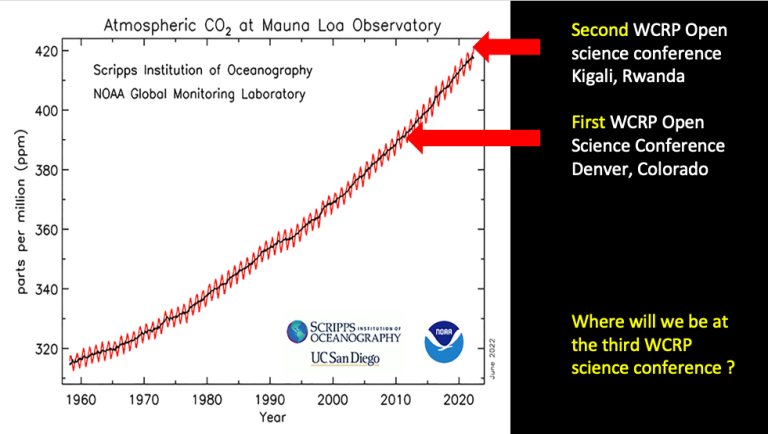
Devastating impacts
Scientists at the conference voiced frustration that, despite decades of scientific advice, many thousands of pages of reports and numerous international agreements, greenhouse gas emissions continue to rise. The first warnings were sounded “a climate ago,” according to one participant.
The first WCRP Open Science Conference took place in 2011 – when carbon dioxide concentrations were about 390 parts per million in 2011. They are now closer to 420 parts per million.
The incessant increase in heat-trapping greenhouse gases means that sea level rise and glacier retreat are accelerating and ocean heat is at record levels. This year is set to be the hottest on record and the key 1.5°C benchmark is likely to be crossed with increasing frequency – on a daily, monthly, and even annual basis.
This is having increasingly devastating impacts on ecosystems, the environment, economies and society.
There is growing concern – as voiced at the conference – that a fundamental change is taking place in atmospheric and ocean circulation patterns. There is also growing discussion about whether we are approaching some key “tipping points” - rapid and/or irreversible change in ice sheets, sea-ice, the Amazon rainforest, and other key components of the Earth system.
Dozens of presentations from the world’s leading experts explored issues including rapid and/or irreversible changes in the climate system; impacts on food security and water availability; urban health; the carbon and water cycles; global energy budget; regional climate change; global and regional monsoons; extreme events; climate interventions; climate services, models and predictions and more.
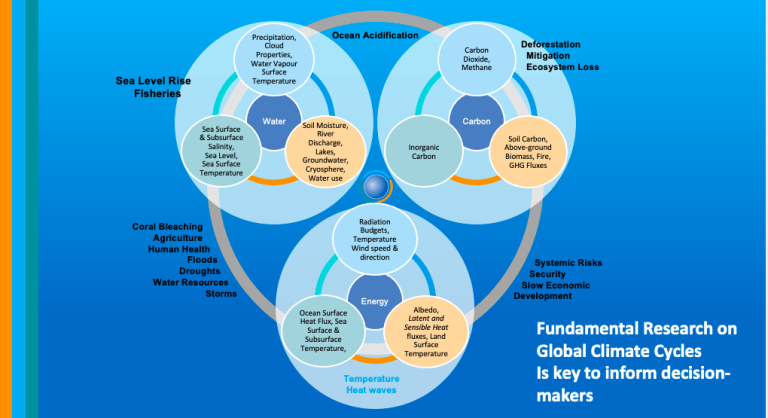
The future of climate science
Young scientists – the face of the future – took part in an Early and Mid-Career Researchers Symposium to foster future scientific leadership and to ensure that their views get greater representation.
Guy P. Brasseur (Max Planck Institute for Meteorology, Hamburg, Germany and National Center for Atmospheric Research, Boulder, CO, USA) wrapped up the conference with a presentation on the “A Journey to 2050.”
Technology has made tremendous progress in the last decades, he said. There have been 3 revolutions in the digital world which pave the way for future progress.
- The quiet weather forecast revolution (1980-2020)
- The digital revolution (2015-)
- The machine learning revolution (2022-)
1km-scale global modeling is within reach and should complement (not replace) other modeling approaches and research initiatives to enhance our understanding and prediction of extreme weather and climate change.
“Time has come to democratize and operationalize our tools. We should make us of it to provide information to each citizen of the world,” said Prof. Brasseur.


